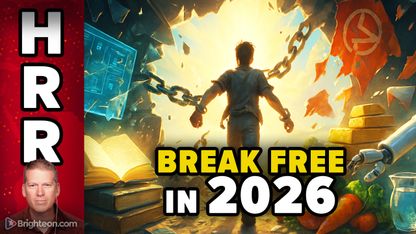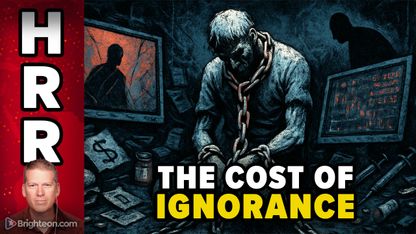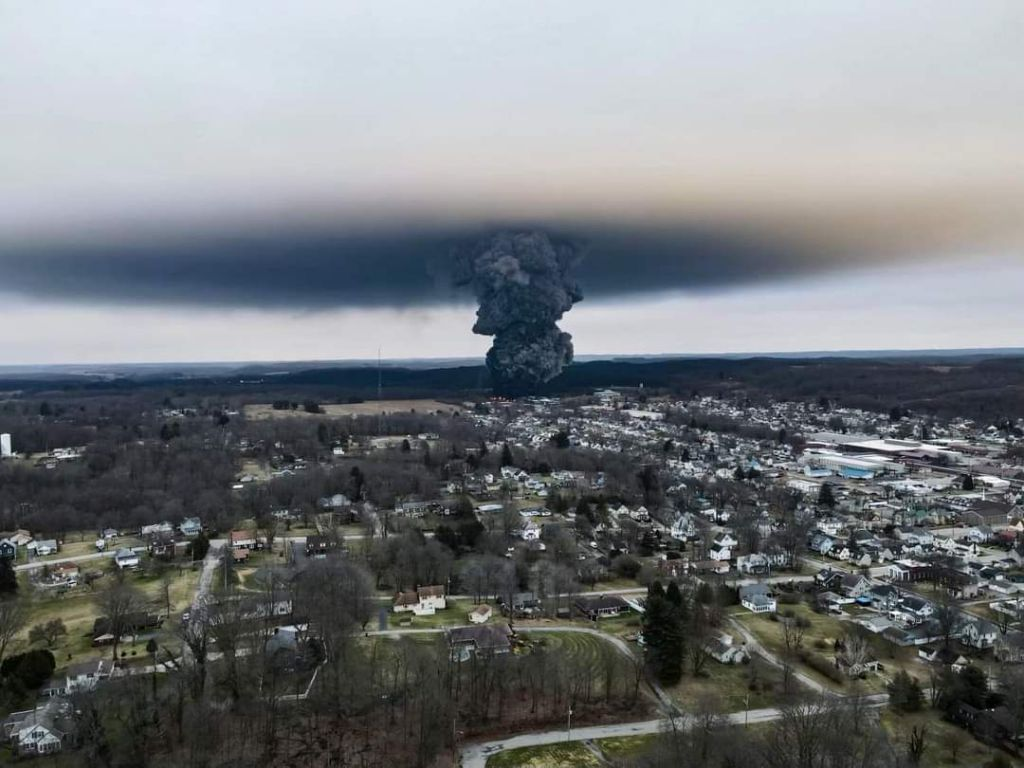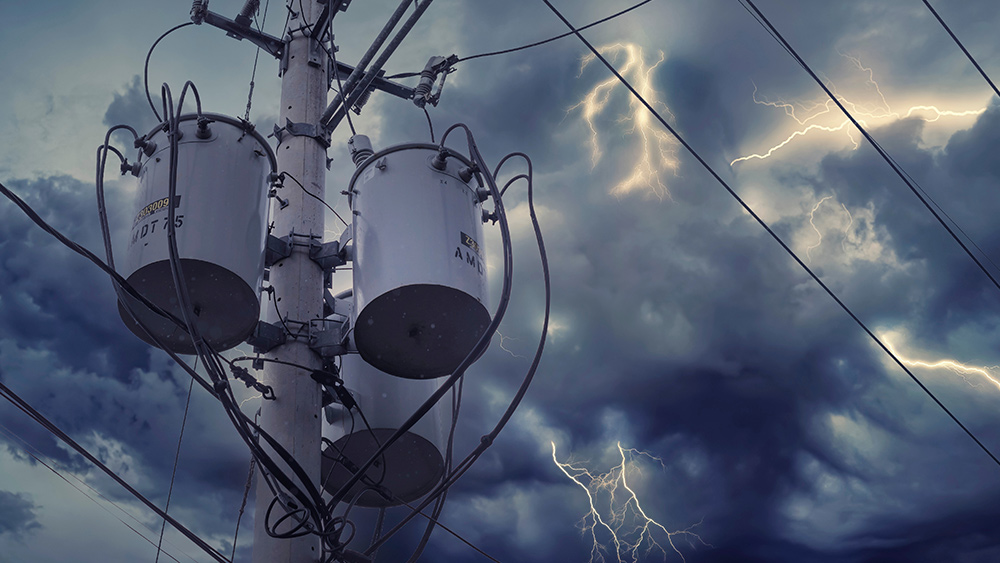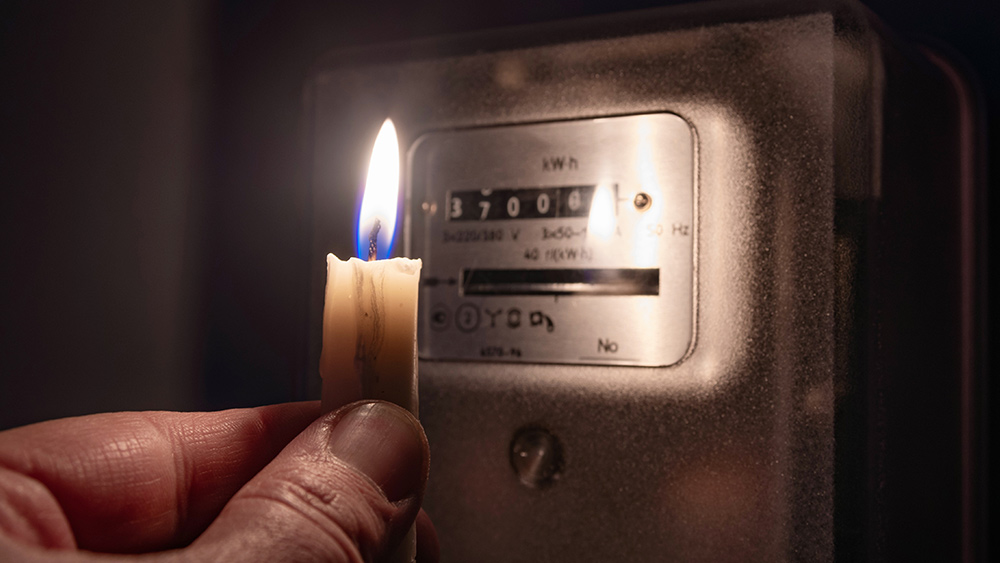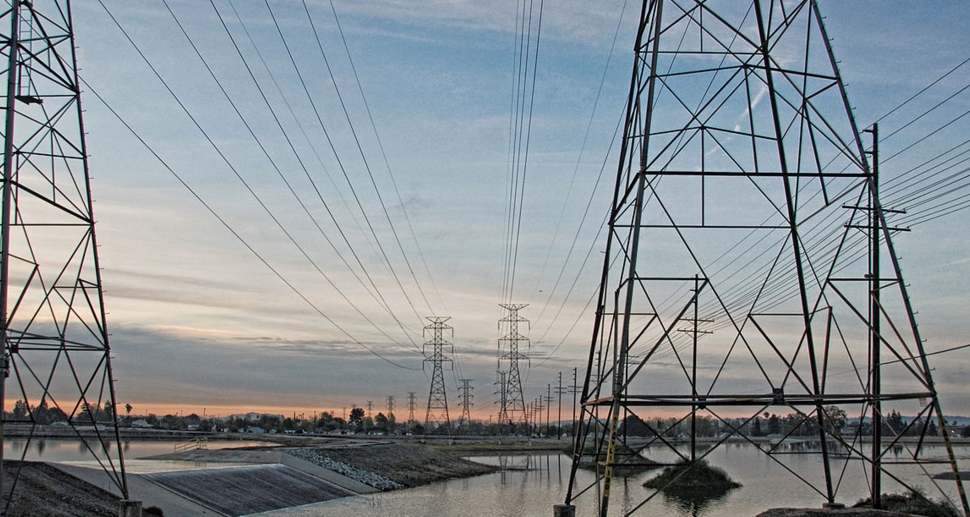
The threat of society collapsing due to a nuclear war, an electromagnetic pulse or massive cyberattacks on the grid has never been higher. For people who want to be prepared for these events, the one thing that is certain to happen is that America's grid will collapse. Here's what that means and how to prepare for it.
Items needed to prepare for a grid down situation
The first thing people need to do when preparing for a grid down scenario is make sure they have all of the gear they need to survive without electricity. Given how dependent modern society is on electricity, this is easier said than done.
One of the most important things households should stock up on before and immediately after the grid collapses is water. Once the grid comes down, people will have a very limited time to safely gather water from their taps since the water that comes through there is cleaned and pumped using electricity. Any and all potential containers for water need to be filled up while the taps still work.
Before the grid comes down, families should purchase enough drinkable water to survive days or even weeks without electricity. To survive longer, families should invest in good non-electric water filtration and purification systems.
Food will also be very important. Households must invest in enough storable foods to last weeks or even months without electricity. Families must also consider learning how to prepare these food items without electricity.
Other important things households need to get before the grid comes down include non-electric light sources like flashlights, candles and renewable energy light sources like solar lights. Depending on when the grid comes down, households may also need to gather non-electric heat sources, like firewood. (Related: Firewood sales soar all over the country as prices of other fuel sources skyrocket.)
Families should also consider acquiring communication devices like survival radios and emergency electricity sources like backup portable generators that can be powered using diesel or gasoline.
What to do immediately after a power grid collapse
Immediately after the power grid comes down, the first thing people need to do is locate their family members. Before SHTF, families should discuss where they will meet up when disaster strikes. This can be at home, the child's school or a well-known landmark in their hometown.
Once a household is united, they should consider making a final trip to the grocery store before it gets swarmed by looters and panicking people. Any essential survival item that households still do not have should be acquired during this final trip to the grocery store.
As soon as the family gets home, it's time to hunker down and prepare for days or even weeks without electricity. Shut off your water at the meter and take care of all of your food in the refrigerator and freezer by preparing and consuming it or by preserving it through other means.
Don't forget to secure your home and property. Board up all of your windows with plywood, schedule a night watch and plan out other security measures, including teaching family members how to use firearms and setting up a meeting with trusted neighbors to come to an agreement regarding community security.
If the cause of the grid collapse was not an electromagnetic pulse, prepare the family vehicle just in case there is a need to bug out.
This list of things to do after the grid collapses must be amended depending on personal circumstances. More importantly, this checklist only covers what to do and what items to get before and immediately after the grid collapses. Surviving for longer requires a lot more work.
More related stories:
What to do when SHTF: Are you prepared to deal with a grid-down scenario?
Surviving urban hell: A prepper's essential guide to finding your way in a grid-down city.
4 Must-have communication devices for a grid down situation.
Watch this episode of "Prep With Mike" as Mike Adams, the Health Ranger, talks about how to survive the coming power grid blackouts.
This video is in the Health Ranger Report channel on Brighteon.com.
Preparedness.news has the latest information on how to survive different SHTF situations, including a grid down scenario.
Sources include:
Please contact us for more information.

